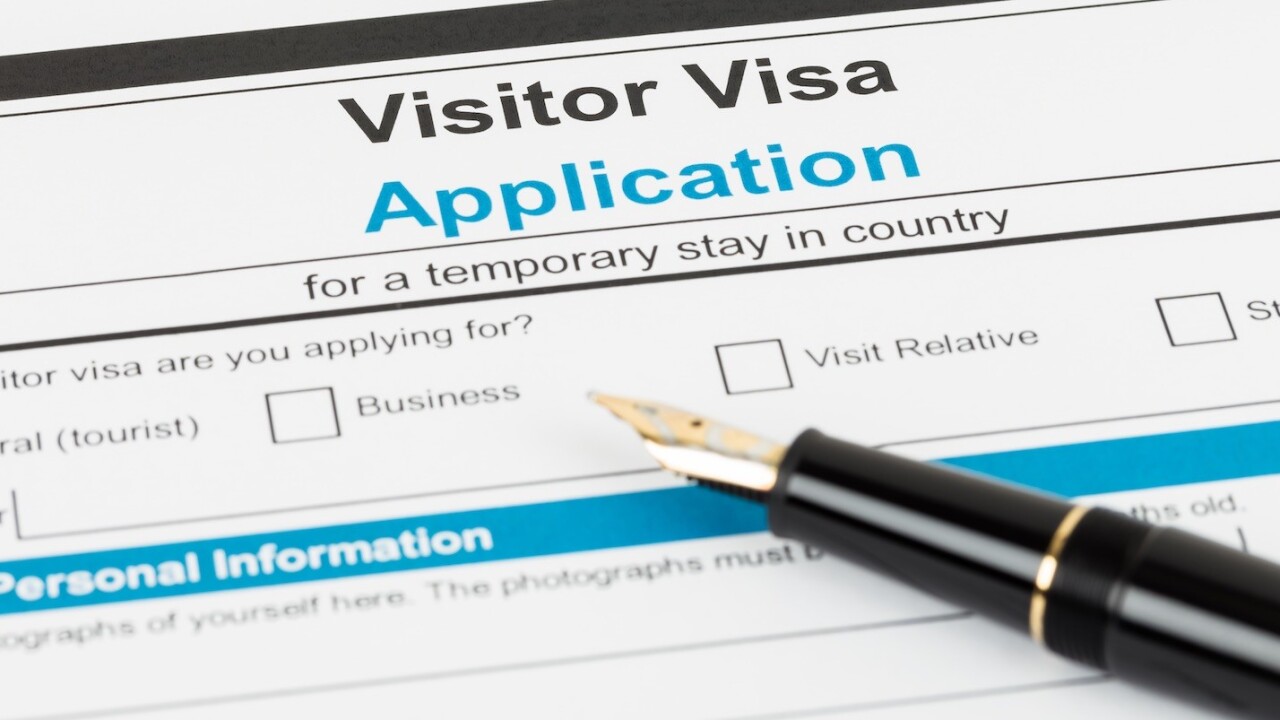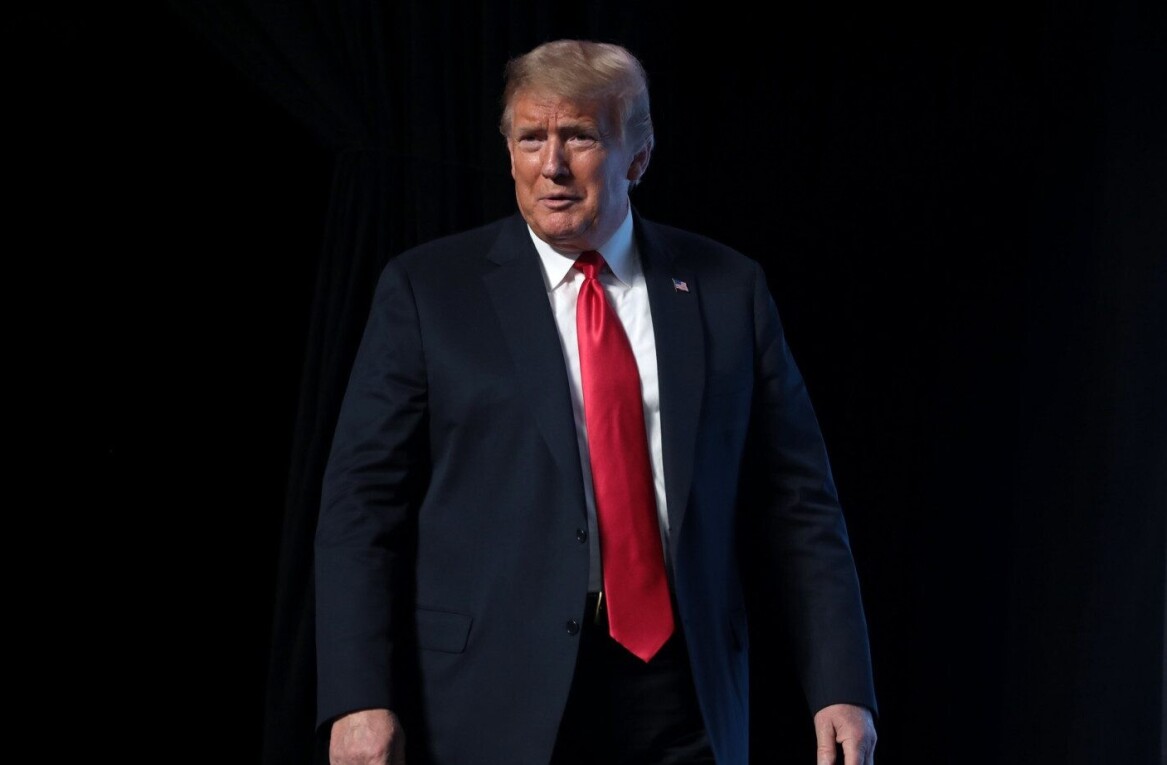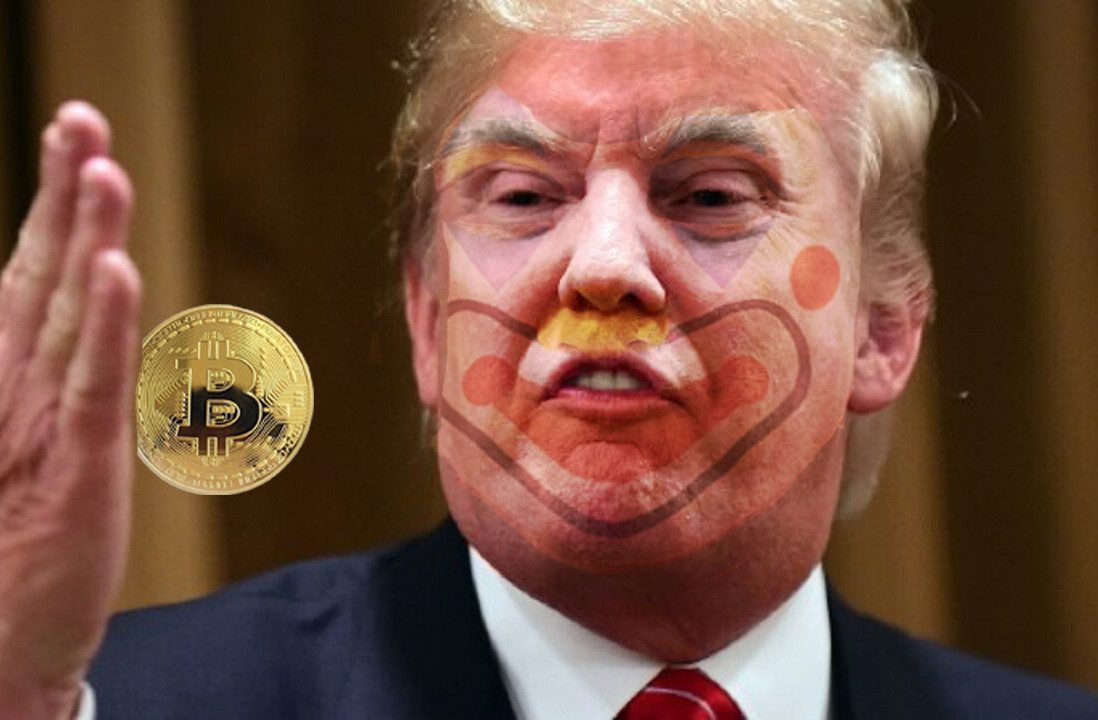
By now, you may have heard the story of Kunal Bahl, the Wharton-educated Indian entrepreneur, who, unable to obtain a visa to stay in the U.S. and start his business here, took his ideas and skills back to his home country. In 2010, he launched New Delhi-based Snapdeal, India’s version of Amazon, valued at around $5 billion.
Increasingly, Bahl’s story is becoming a familiar one. Every year, young people from countries across the globe graduate from U.S. colleges and universities brimming with new ideas for business ventures.
Many put these aspirations on hold to pursue careers with U.S. employers – companies such as Amazon and Google, Microsoft and Facebook, often using any of the well-known employment visas, such as the H-1B.
I wrote a book, called The Startup Visa, after recognizing that so many other foreign entrepreneurs, who prefer to put their ideas to work in the world’s largest consumer market, find that current U.S. visa options are not viable, or don’t exist at all.

Congress first moved to address this shortcoming in 2010 with the introduction of the Startup Visa Act, but that bill never made it out of committee – and neither did any of a succession of Startup Visa bills introduced over the next few years. Last November, as part of his Executive Action plan, President Obama proposed policy changes to extend some relief to founders.
But it’s a limited and temporary fix.
And as Washington fumbles, more young foreigners are taking their entrepreneurial ideas elsewhere.
And a growing number of countries are eager to embrace the foreign entrepreneurs the U.S is turning away. Countries such as Canada, Ireland, New Zealand, Chile and Brazil that in recent years have introduced a flurry of startup visas to lure foreign business talent.
Yet, there’s no dispute the U.S. remains the globe’s most fertile ground for new business startups. And in the absence of a Startup Visa, dogged and determined foreign entrepreneurs may find they can get a foothold in the U.S. business market with a few of the available visas:
Some of the most commonly used:
B-1 Business Visitor Visa
This allows you to come to the U.S. for the purpose of securing funding or office space, negotiating a contract or attend meetings in connection with starting a new business.
There are limitations on what you can do while in the U.S. as a business visitor, the most egregious being taking a salary. This visa can be relatively straight forward for someone with an established business or job and strong family ties to their home country but not so easy for someone without such ties.

Tips: Plan ahead, have evidence of meetings in the US and ensure you have evidence of strong ties to your home country.
Treaty Trader or Investor Visa, or E1 or E2
Citizens of countries with which the U.S. maintains a treaty of commerce and navigation – 40 to date – can apply for this visa which allows entrepreneurs who have the financial wherewithal to come to the U.S. to operate a business here. Good for up to five years at a time, there are no limits on the visa’s renewals, but on its own it can never lead to legal permanent residency.
This is a good visa for someone who has the ability to invest in their company. The US government likes investor because of the economic growth they can bring to the US and therefore these cases are given broad discretion.
Tips: Be prepared that you still need to make a substantial investment initially. When seeking funding from investors, will need to maintain 51 percent control. A corporate lawyer can help with strategies.
H-1B employment visa
The workhorse of U.S. employment visas and used by many employers to hire skilled, foreign-born professionals, the H-1B increasingly is being used by some startup founders because of changes in the law. The founder’s company, and not the founder, must file the petition for the visa and there must be evidence that he or she is an employee of the company.

The founder’s job description must match the tasks described for that particular job and his salary must be the prevailing industry wage – steep bars for fledgling businesses.
This visa is a good visa if all the requirements can be met for jobs that unequivocally need a degree such as engineers.
Tips: Need to plan corporate structure at the outset and have a board of director in place if you are a solo entrepreneur. You may strategize differently if there are multiple co-founders.
O-1, Extraordinary Ability Visa, EB-1
Dubbed the genius visa and awarded to those who can prove they are near the top of their profession, these visas (O-1 is temporary/EB-1 is permanent) require the foreign founder to prove he has achieved national or international acclaim and has made a significant contribution in his field, such as a cure for cancer. It’s a high bar which many new entrepreneurs may not be able to transcend.
The standards for these visas are very high and are often depend on subjective interpretation of an immigration officer about whether a person, as a whole, is indeed extraordinary.
Tips: Raising large sums of funds from a VC or Angel Investor, being part of an elite accelerator and named winner of startup competitions can help towards the requirements of this visa.
National Interest Waiver
This is an application process to obtain a green card without the need for a family or employer petition. A three-prong test for evaluating requests requires the applicant’s work be of substantial intrinsic merit, be of benefit to the nation and be in the national interest of the U.S. It’s a high bar indeed to prove that one’s work will benefit the nation.

Tips: Your impact on the economy through revenue generation and job creation will be of utmost importance.
Entrepreneur Parole
Part of President Obama’s Executive Action plan calls for the creation of a program called entrepreneurial parole, where researchers, inventors and co-founders of startups who have raised money from U.S. investors and created or have the potential to create jobs, will be allowed to enter the U.S. on a case-by-case basis. The program should be in place by the end of the year.
Tips: Anyone who does not readily fall into one of the above categories should be aware of this program and start preparing towards securing funds for your startup.
All the visas above have different complexities involved and the best visa for someone is determined based on their own backgrounds, visa availability, case processing times, strength of the evidence, and their business needs.
Our history is littered with powerful examples of how immigrants helped to build this nation – not just by laying the bricks that became our skyscrapers and the steel that became our railroads. They put their brainpower and skills behind innovative ideas to help create businesses and corporations that employ millions of American men and women.

According to the Partnership for a New American Economy, which advocates the economic benefits of sensible immigration reform, 40 percent of Fortune 500 companies were founded by immigrants or their children. And the Kansas City-based Ewing Marion Kauffman Foundation, a non-profit dedicated to advancing educational achievement and entrepreneurial success, points out that startup companies generated 3 million jobs annually between the 1990s and 2005.
But without the availability of a Startup Visa we will continue to challenge our role as global leaders in innovation and job creation.
Read Next: 7 US startup visa options for international founders
Image credit: Shutterstock
Get the TNW newsletter
Get the most important tech news in your inbox each week.





